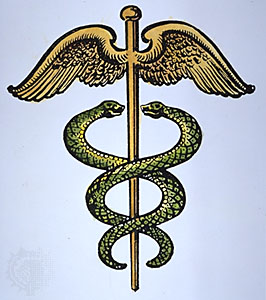
Any trial attorney knows the phrase that must be asked of the medical expert: Do you have an opinion, with a reasonable degree of medical certainty, that…
This may now change. According to a blog posting by John Day (Day on Torts) late yesterday, the American Law Institute is scrapping that phrase for the Restatement of Torts, 3rd. According to Day:
Among the actions taken by the ALI at the meeting in San Francisco this past week was the rejection of the need for the magic words “reasonable degree of medical certainty.”
The following language was approved for Section 28(a) of the Restatement of Torts Third:
“Subject to Subsection (b), the plaintiff has the burden to prove that the defendant’s tortious conduct was a factual cause of the plaintiff’s physical harm.”
Subsection (b) describes the circumstances under which the burden of proof is shifted to the defendants.
Comment (e) rejects the need for an expert to state an opinion to a “reasonable degree of medical [or scientific] certainty” or a “reasonable degree of medical [or scientific probability.” The Comment states that “[t]here is a troubling inconsistency in imposing a higher threshold for the admissibility of expert testimony than is required for a party to meet the burden of proof” and that “the reasonable-certainty standard provides no assurance of the quality of the expert’s qualifications, expertise, investigation, methodology, or reasoning.”
The Reporter’s Note cites with approval Judge Cain’s opinion in Bara v. ClarksvilleMem’l Hospital Sys., Inc., 104 S.W.3d 1 (Tenn. App. 2002) ( holding instruction to the jury requiring plaintiff to prove causation to reasonable degree of medical certainty was erroneous and required reversal.).